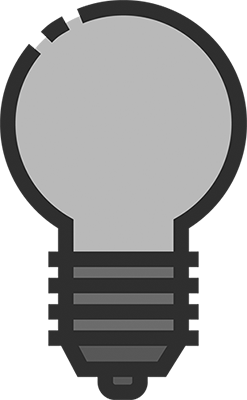We zijn bezig met werkzaamheden op de site


Dank voor je geduld. We zijn bezig met werkzaamheden op de site en zijn binnenkort terug.
Voor informatie over de Dialoog tafel sessies Suda makan? Verkennen van je Molukse identiteit anno nu, in februari 2025 zie de volgende link: https://conscious-strength.weticket.com/